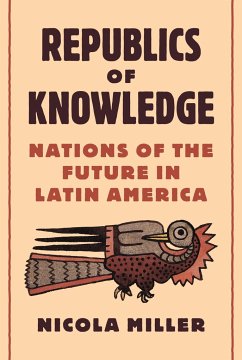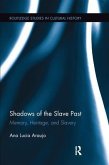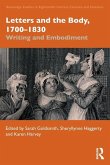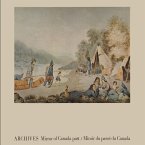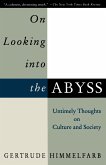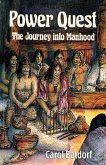"Republics of Knowledge tells the story of how the circulation of knowledge shaped the formation of nation-states in Latin America, and particularly in Argentina, Peru and Chile, during the century after Iberian rule was defeated in the 1820s. Most immediately, the author has sought to provide a cross-disciplinary approach to the history of knowledge, combining the methods of global intellectual history with a new way of thinking about nations as experienced and enacted as well as how they are imagined, and in so doing offer a new interpretation of the history of independent Latin America to illustrate its wider significance in the making of the modern world. By bringing these lines of inquiry together within a transnational framework, Nicola Miller shows how evidence from the pioneering nations of Latin America can invite historians to rethink many of their general theories about how knowledge travels and how a sense of nationhood is created. The book is designed to stimulate debate about the significance of knowledge not only in Latin America but in all modern societies. As Miller explains, Latin America is usually regarded as an exception to general theories, notably of colonialism, nationalism and liberalism; and yet it was in that part of the world, not in Europe, that the Age of Revolution brought the founding of a second wave of modern republics, and it was in Latin America that pioneering attempts were made to apply liberal principles in societies with inherited caste divisions and corporate institutions. It was there that some of the richest debates about the vexed relationship between collective identities and individualism took place"--
Hinweis: Dieser Artikel kann nur an eine deutsche Lieferadresse ausgeliefert werden.
Hinweis: Dieser Artikel kann nur an eine deutsche Lieferadresse ausgeliefert werden.

